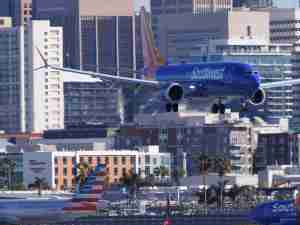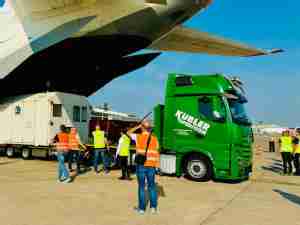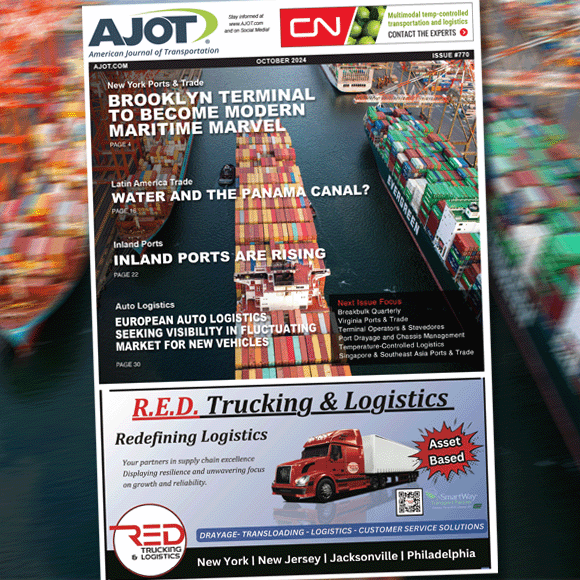Ryanair Holdings Plc strengthened its dominance of Europe’s discount-airline market in 2017 by adding more customers than any of its rivals, even as a scheduling foul-up contributed to its smallest gain in passenger numbers in three years. The company filled 12 million more seats in 2017 than a year earlier, while second-ranked EasyJet Plc said Friday that it flew 7.2 million more passengers in the period.
No-frills airlines continued to gain market share across Europe last year, with the top five adding a combined 31 million passengers. Ryanair accounted for almost 40 percent of that total, despite a botched reworking of pilot leave that led to cancellations of thousands of flights and forced the company to accept unionization after crews gained bargaining power. The 10 percent advance in passenger numbers marked Ryanair’s weakest growth rate since 2014.
Budapest-based Wizz Air Holdings Plc, Eastern Europe’s biggest discounter, boasted the fastest surge in 2017 passenger numbers among leading discounters, at 24 percent, while Norwegian Air Shuttle ASA posted a 13 percent gain, including long-haul services.
Both carriers are still less than half the size of Luton, England-based EasyJet, which aims to grow faster this year after securing planes and operating slots in Germany from failed Air Berlin Plc—which ranked ahead of Wizz in 2016—with the first flights taking place this week.
The U.K. company is targeting a 2018 tally of 90 million clients, while Ryanair expects to attract 138 million, 4 million fewer than it had predicted before the pilot crunch.
Network airlines Air France-KLM Group, IAG SA and Deutsche Lufthansa AG have established their own lower-cost operations to better compete for short-haul traffic and fend off an emerging challenge on inter-continental routes. IAG’s Vueling arm carried 29.6 million passengers last year, a gain of 6.5 percent, keeping it marginally ahead Wizz. Air France’s Transavia and Lufthansa’s Eurowings have yet to report but ranked smaller in 2016.
This Article Is Archived For Top Tier Subscribers Only
View the full archived article by Logging in!
Log In








